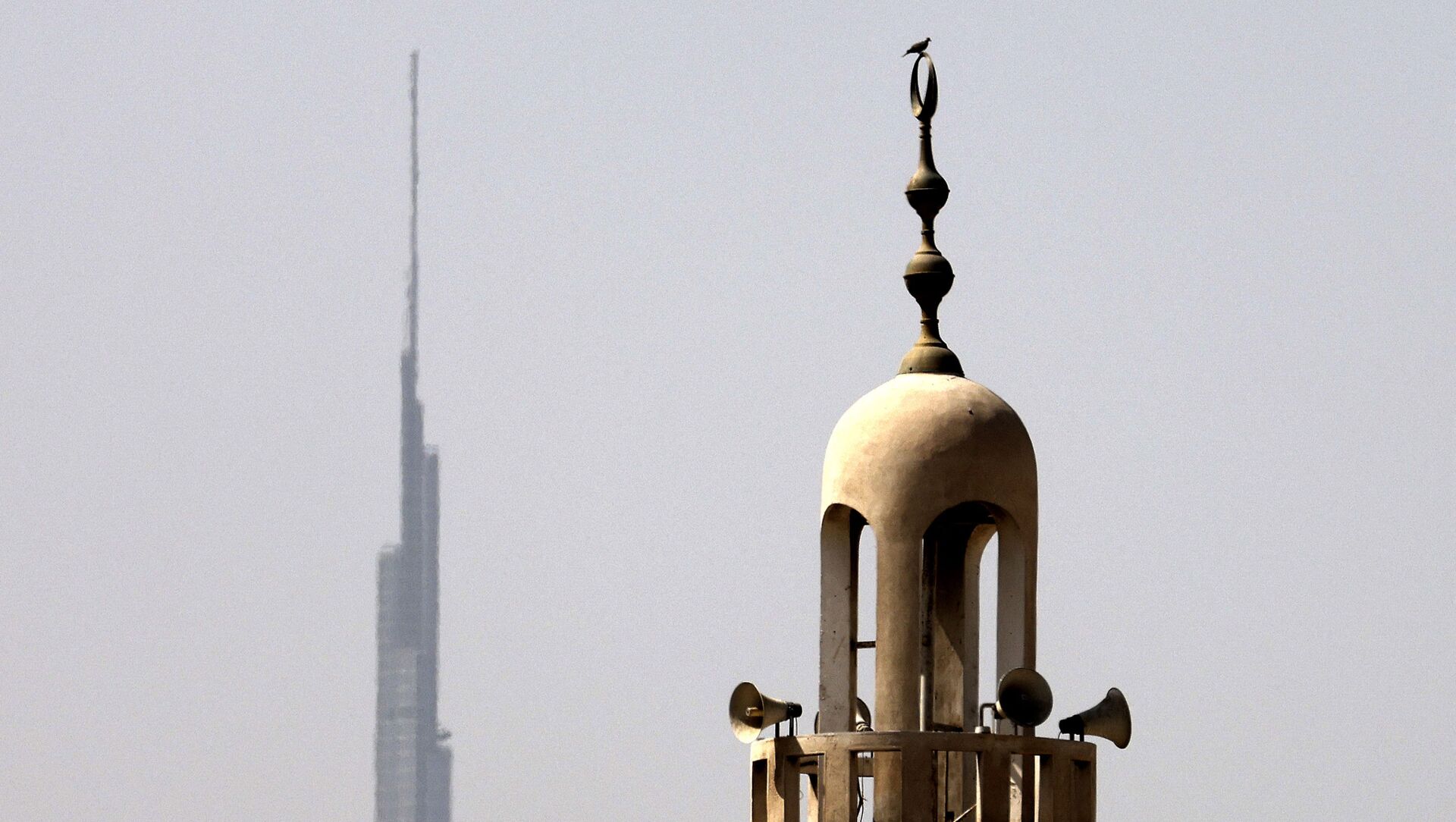"With the COVID-19 pandemic exposing gaps in the global food supply chain and the negative impacts of climate change affecting our agricultural sector, our foremost priority at present is food security. We focus on raising the UAE’s food diversity and self-sufficiency, enhancing the competitiveness of the country's food products, and consolidating its position as a premier food trade hub through expanding the number of import markets and streamlining import processes," Al Nuaimi said in an interview.
As for the climate change effects that the UAE is currently experiencing, the minister stressed that those included increasing temperatures (as high as 48 degrees Celsius) and humidity, with longer hot and humid seasons, uneven rainfall distribution, rising sea levels, and increased recurrence of extreme weather events such as storms and flash floods.
"In addition to its environmental impacts, climate change is taking its toll on human health. The temperature rise is severely affecting the elderly, children, and people with pre-existing health conditions. Air pollution that is associated with climate change leads to a higher incidence of respiratory diseases, such as asthma," Al Nuaimi explained.
Among the UAE's other climate-related priorities, the minister highlighted the reduction of energy consumption and the focus on energy efficiency across demand sectors.
The Gulf country has adopted initiatives to conserve biodiversity, including marine and coastal ecosystems, as well as to engage in environment-friendly waste management practices.


